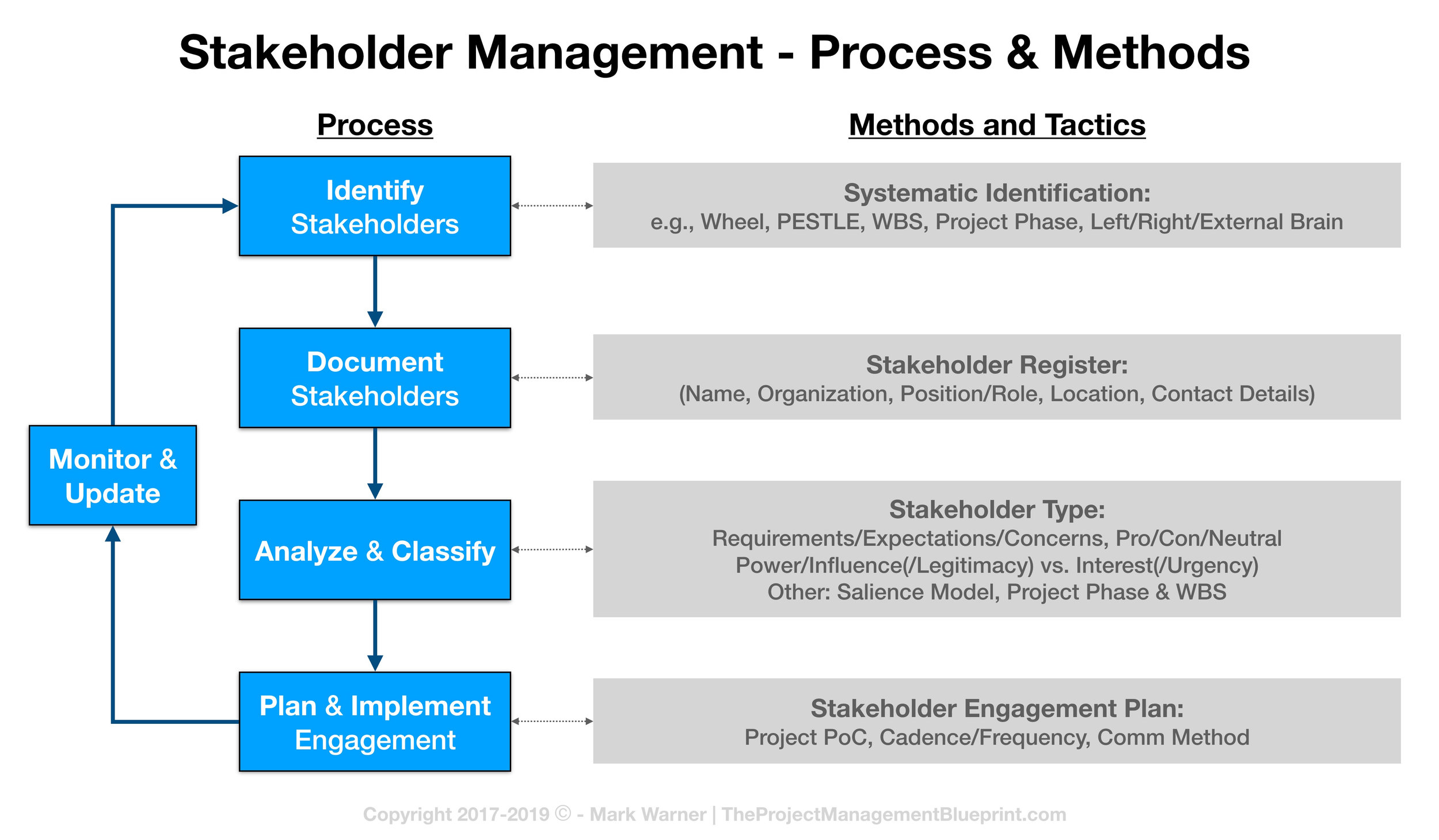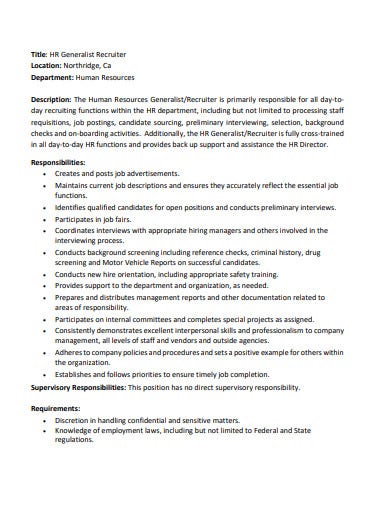
There are several factors you must consider in order to make a podcast management project a success. Podcasts that are successful will be able keep listeners interested for a long time. While they might not be able to implement the tips immediately, they will soon become loyal fans. These steps will help you make your podcast a success. Here are some tips to help you get started. These tips are vital for podcast project managers.
Project Management Paradise
You can listen to Project Management Paradise podcast to learn more about managing projects. Interviews with experts in the field are featured on this podcast. This podcast is great for anyone new to the profession but who needs some refresher courses. This podcast is filled with useful information. This episode will discuss what you need to succeed.
PM for the Masses
If you're interested in learning more about project management, you should check out the podcast PM for the Masses. This show is geared towards project managers and those who are interested in becoming project managers. This show is a great resource both for people just starting out in their career and those who have been working in the field for a while. They are full of useful information that can be used by project managers of any level. They will help you gain the necessary skills to succeed.

PMI Projectified
Projectified podcast is hosted by PMI and features conversations between leading thinkers in the field. Topics discussed range from artificial intelligence and digitization to leadership and career development. Guests include senior project managers, business leaders, and best-selling authors. You can download episodes for free from Apple Podcasts or Google Podcasts. The PMI podcast can be found on the website. Simply click the links below to sign up.
PMI's Project Management Insight
PMI's Project Management Insight Podcast provides project managers with valuable information. Interviews with the best-selling authors and top project managers are part of this podcast. Listeners can also get insight and tips from fellow guests. Podcast guests also share their experiences and insights, including tips on how to accomplish more work in less time, so you can spend your time with loved ones.
Mark Phillipy's 5 Minutes Project Management Podcast
5 Minutes Project Management Podcast delivers daily project management tips, techniques, and advice for all project managers. Mark Phillipy is the podcast's host and includes interviews with successful project mangers. Each day thousands of listeners download the podcast from around the world. Project managers looking to improve their success rate should download this podcast.
Futureproof Your Career
If you want to futureproof your podcast career, you must change your mindset. As we all know, technology is changing at a fast pace, and so are jobs. It is important that you accept this change and adjust to new ways to work, because it will make your future employment more attractive. The following tips can help you prepare for these changes and ensure your career is relevant and exciting. These tips may prove to be helpful.

PDU Podcast
Podcasts on project management are a great option for continuing education. These podcasts are a great way to earn PDUs. These podcasts also make it easy to get a PM certification. They also offer webinars and worksheets that will help you get more information. This makes them an affordable and convenient choice. The podcasts are available through PDU.com and can be listened to on mobile devices.
FAQ
How to effectively manage employees
The key to effective management of employees is ensuring their happiness and productivity.
This also involves setting clear expectations and monitoring their performance.
Managers need clear goals to be able to accomplish this.
They need to communicate clearly and openly with staff members. They also need to make sure that they discipline and reward the best performers.
They must also keep track of the activities of their team. These include:
-
What was achieved?
-
How much work was put in?
-
Who did it all?
-
How did it get done?
-
Why was this done?
This information is useful for monitoring performance and evaluating the results.
What are the steps to take in order to make a management decision?
Managers face complex and multifaceted decision-making challenges. It involves many elements, including analysis, strategy. planning. implementation. measurement. evaluation. feedback.
The key thing to remember when managing people is that they are human beings just as you are and therefore make mistakes. As such, there are always opportunities for improvement, especially when you put in the effort to improve yourself.
We explain in this video how the Management decision-making process works. We will discuss the various types of decisions, and why they are so important. Every manager should be able to make them. These topics are covered in this course:
It seems so difficult sometimes to make sound business decisions.
Complex business systems have many moving parts. They require people to manage multiple priorities and deal with uncertainty and complexity.
Understanding the impact of these factors on the system is crucial to making sound decisions.
This requires you to think about the purpose and function of each component. You then need to consider how those individual pieces interact with each other.
Also, you should ask yourself if there have been any assumptions in your past behavior. You might consider revisiting them if they are not.
Asking for assistance from someone else is a good idea if you are still having trouble. They might have different perspectives than you, and could offer insight that could help you solve your problem.
What are the 4 major functions of management
Management is responsible in planning, organizing and directing people and resources. It includes creating policies and procedures, as well setting goals.
Management assists an organization in achieving its goals by providing direction, coordination and control, leadership, motivation, supervision and training, as well as evaluation.
The four main functions of management are:
Planning - Planning is about determining what must be done.
Organizing is the act of deciding how things should go.
Directing - Directing means getting people to follow instructions.
Controlling - This is the ability to control people and ensure that they do their jobs according to plan.
What is the main difference between Six Sigma Six Sigma TQM and Six Sigma Six Sigma?
The key difference between the two quality management tools is that while six-sigma focuses its efforts on eliminating defects, total quality management (TQM), focuses more on improving processes and reducing cost.
Six Sigma is a methodology for continuous improvement. It emphasizes the elimination of defects by using statistical methods such as control charts, p-charts, and Pareto analysis.
This method aims to reduce variation in product production. This is done by identifying and correcting the root causes of problems.
Total quality management includes monitoring and measuring all aspects of an organization's performance. It also includes training employees to improve performance.
It is frequently used as an approach to increasing productivity.
How can a manager improve his/her managerial skills?
It is important to have good management skills.
Managers should monitor the performance and progress of their subordinates.
If you notice your subordinate isn't performing up to par, you must take action quickly.
You should be able pinpoint what needs to improve and how to fix it.
What are management concepts?
Management concepts are the fundamental principles and practices that managers use when managing people and their resources. These include topics such as human resource policies and job descriptions, performance assessments, training programs and employee motivation.
Statistics
- The profession is expected to grow 7% by 2028, a bit faster than the national average. (wgu.edu)
- UpCounsel accepts only the top 5 percent of lawyers on its site. (upcounsel.com)
- The BLS says that financial services jobs like banking are expected to grow 4% by 2030, about as fast as the national average. (wgu.edu)
- Our program is 100% engineered for your success. (online.uc.edu)
- 100% of the courses are offered online, and no campus visits are required — a big time-saver for you. (online.uc.edu)
External Links
How To
What is Lean Manufacturing?
Lean Manufacturing processes are used to reduce waste and improve efficiency through structured methods. They were developed by Toyota Motor Corporation in Japan during the 1980s. The main goal was to produce products at lower costs while maintaining quality. Lean manufacturing eliminates unnecessary steps and activities from a production process. It is composed of five fundamental elements: continuous improvement; pull systems, continuous improvements, just-in–time, kaizen, continuous change, and 5S. The production of only what the customer needs without extra work is called pull systems. Continuous improvement is the continuous improvement of existing processes. Just-in-time is when components and other materials are delivered at their destination in a timely manner. Kaizen means continuous improvement. Kaizen involves making small changes and improving continuously. The 5S acronym stands for sort in order, shine standardize and maintain. These five elements can be combined to achieve the best possible results.
The Lean Production System
Six key concepts are the basis of lean production:
-
Flow - focuses on moving information and materials as close to customers as possible.
-
Value stream mapping - break down each stage of a process into discrete tasks and create a flowchart of the entire process;
-
Five S's, Sort, Set in Order, Shine. Standardize. and Sustain.
-
Kanban: Use visual signals such stickers, colored tape, or any other visual cues, to keep track your inventory.
-
Theory of Constraints - Identify bottlenecks in the process, and eliminate them using lean tools such kanban boards.
-
Just-in Time - Send components and material directly to the point-of-use;
-
Continuous improvement - incremental improvements are made to the process, not a complete overhaul.